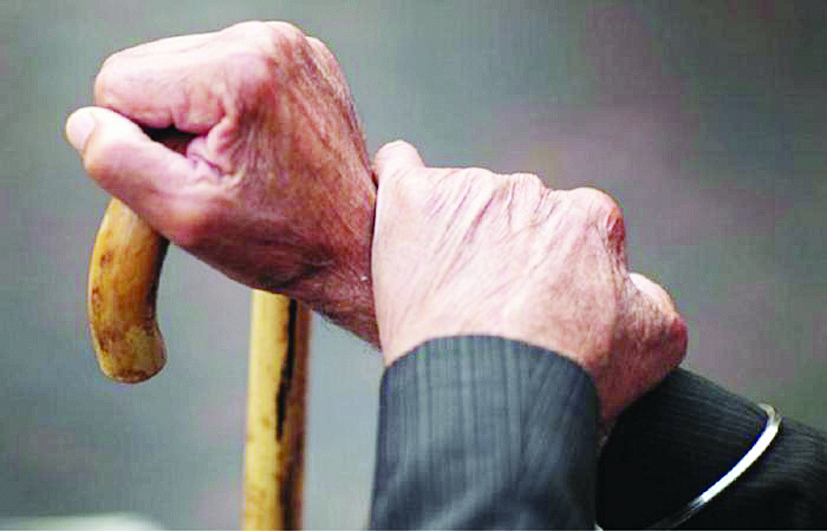RIYADH: It is important to ensure social protection for elderly people — be it quality of life, providing assistance, or investing their skills in various fields. Society, however, must know that these rights are part of Saudi Arabia’s social norms and traditions.
The Saudi Cabinet approved a new law to protect the rights of elderly citizens in the Kingdom earlier this month.
Saad Al-Hammad, the spokesperson for the Ministry of Human Resources and Social Development, said: “The new law strengthens the position of the elderly in society and is based on our customs and traditions, by giving the elderly priority in services and waiting areas and investing their skills in a variety of fields.”
This legislation, says Al-Hammad, grants the elderly special privileges and preserves their social, financial, and legal rights. It also sets harsh penalties, such as fines and imprisonment, for those who abuse the elderly, be they elderly individuals themselves or the private and government institutions that provide services to them.
HIGHLIGHT
This legislation, according to official, grants the elderly special privileges and preserves their social, financial, and legal rights.
He noted that the elderly have the right to choose to live with their families, and that sheltering in care homes depends on the situation of the elderly and what serves the public interest.

According to a UN report, those aged 65 and over made up around 3.4 percent of Saudi Arabia’s population. (Supplied)
“National centers are part of the transformation work in the elderly services, with the goal of achieving well-being and social integration for them, improving their status, and assisting families in providing care services for those who need them,” Al-Hammad explained.
According to Article 8 of the law, if a provider is unable to support the elderly financially, and no one in the elderly’s family can support them either, the ministry shall support them financially, according to what is specified by the regulation.
The ministry is obligated to enable the elderly to live in an environment that preserves their rights and dignity, and spreads awareness to clarify their rights. The ministry is also responsible for providing reliable statistical data about the elderly, which will benefit researchers in conducting studies and research.
The law also requires the ministry to organize and implement appropriate programs for the elderly, improve their skills, experiences, and hobbies, enhance their integration into society, encourage able-bodied elderly people to work, support their employers and promote volunteering activities serving the elderly.
The ministry must rehabilitate public and commercial facilities, residential neighborhoods, the surrounding environment, and mosques to ensure they are suitable for the needs of the elderly. They must also allocate places for the elderly in public facilities and at public events and urge the private sector, business owners, and civil bodies to care for them.
Government agencies should prioritize the elderly seeking basic services, particularly health and social services.
The ministry must also grant the elderly a privilege card that allows them to benefit from the public services to meet the necessities of their daily lives.
According to a UN report, those aged 65 and over made up around 3.4 percent of Saudi Arabia’s population, a figure it predicted could reach 6 percent by 2030.
Eng. Badr Al-Eyada, chairman of the board of directors of the Saudi Elderly Support Organization, stressed that it conducted a study on the situation of elderly care and launched a guide to services for the elderly. The guide presents services and facilities provided by the governmental, private, and civil sectors in 13 regions of the Kingdom.
Al-Eyada said his organization established and operated the first telephone consultation unit for the elderly in the Kingdom, which reflects its dedication to programs to facilitate telephone consultations for the medical, psychological, social, and legal needs of elderly people across the Kingdom.
He added that the approved law would provide the elderly with the care, attention, and protection they deserve, and helps ensure social security for the elderly, whilst significantly raising awareness of this group’s rights.
























